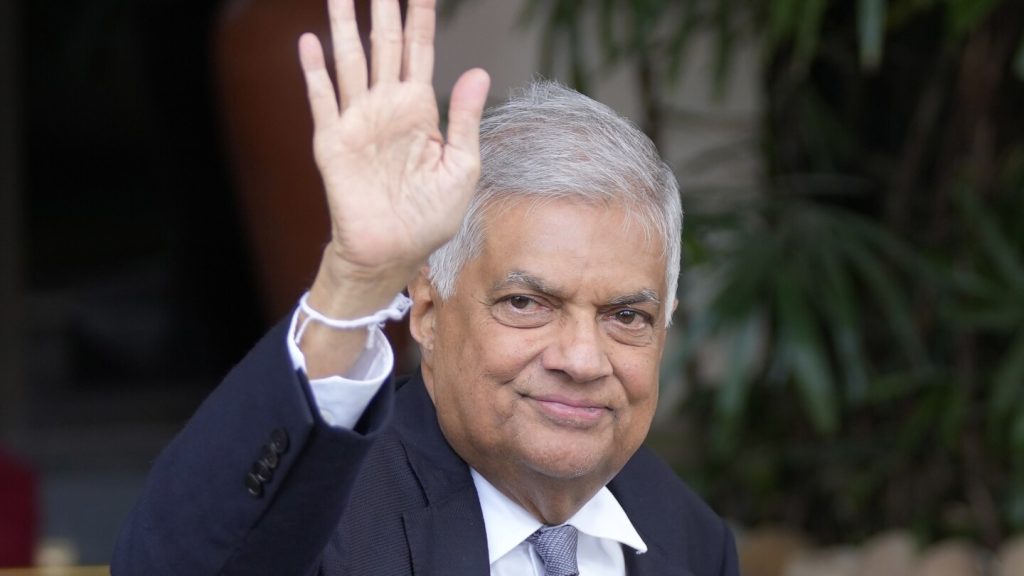The upcoming presidential election in Sri Lanka is shaping up to be a crucial one, with a record 39 candidates vying for the top office. The election, scheduled for September 21, will determine the country’s economic future amidst an unprecedented financial crisis. The current President, Ranil Wickremesinghe, has implemented difficult economic reforms that have shown improvements in key economic indicators, but many ordinary citizens are yet to feel the positive effects. Sri Lanka is currently in the midst of critical debt restructuring and financial reforms under an IMF bailout program.
The economic crisis in Sri Lanka is characterized by unsustainable debt, a severe balance of payments crisis, and shortages of essential goods like fuel, medicine, and food. The government’s decision to spend foreign reserves to support the country’s currency, the rupee, has exacerbated the crisis, leading to widespread shortages and riots in 2022. Former President Gotabaya Rajapaksa was forced to flee the country, and Wickremesinghe was elected to cover the remaining time. The upcoming election will be a referendum on Wickremesinghe’s economic agenda and the reforms he has initiated.
Wickremesinghe, who is seeking re-election, has promised rapid economic growth and aims to make Sri Lanka a developed nation by its centenary of independence in 2048. Under his administration, inflation has dropped significantly, interest rates have come down, and foreign currency reserves have increased. Creditor countries like India, Japan, and France have agreed to defer debt repayments, providing some relief for the country’s struggling economy. However, businesses and professionals have raised concerns about higher taxes, and the cost of living remains a burden for many citizens.
The presidential election will feature several prominent candidates, including opposition leader Sajith Premadasa, leftist party leader Anura Dissanayake, and Namal Rajapaksa, the son of former President Mahinda Rajapaksa. Namal Rajapaksa’s candidacy will gauge the support for the Rajapaksa dynasty, which has been a dominant force in Sri Lankan politics for decades. The family’s popularity soared during Mahinda Rajapaksa’s presidency, particularly for his role in ending a 26-year civil war. However, the economic crisis has tarnished their reputation, and the upcoming election will reveal how much backing they still maintain among the voters.
Critics of Wickremesinghe accuse him of protecting corrupt members of the previous administration in exchange for their support for his reforms in Parliament. Despite the improvements seen under his administration, many citizens continue to struggle with the high cost of living. Wickremesinghe has urged voters to support his efforts to stabilize the economy further, emphasizing the need for continued progress. The election will serve as a pivotal moment for Sri Lanka, as the country navigates its economic challenges and strives for a path towards prosperity and stability.


